Revision doesn’t have to feel overwhelming. Every year, students ask:
• How do I start revising?
• What techniques actually work?
• How do I stay motivated and reduce stress?
At BIS Abu Dhabi, we’ve listened, and created a science-backed, student-tested resource to help you revise smarter, not harder. Our Guide to Effective Revision is now available online and in school. 📘Download it here
Why Revision Matters at BIS Abu Dhabi
We're proud of our outstanding academic outcomes in IGCSE and IB, but we know that success is built on more than just classroom teaching. That’s why we’ve developed the BIS Abu Dhabi Revision Curriculum, a whole-school approach to teaching students how to study effectively.
From assemblies and PSME lessons to one-to-one support and high-quality resources, we help students build the habits and strategies they need to thrive.
We understand that effective revision strategies can sometimes be counterintuitive or confusing to students, and our focus is on providing clarity and guidance, helping them avoid the frustration of hours spent revising ineffectively.
It gives me great pride to relaunch the BIS Abu Dhabi Guide to Effective Revision. Free copies are available around the school and at Main Reception for anyone in our community, and an online version can be found here. This guide is the result of a huge cross-subject collaboration between our Secondary colleagues. It is informed by cutting-edge cognitive psychology research and the fantastic expertise of our teaching staff. The tips in this guide are scientific, focused, and practical.
Retrieval Practice
I’d like to highlight one of the strategies discussed in the guide: Retrieval Practice.
These two words are worth emphasising because the scientific research behind this strategy is overwhelming. It truly is the best bet for mastering any skill or subject. From Drama to PE, Maths to History, retrieval practice is what students should spend the majority of their learning time doing.
Retrieval refers to the act of searching your memories for relevant information. Imagine I asked you which countries bordered France. There are eight countries that border France! Most people will be able to retrieve the names of around 4 of those counties, depending on your familiarity with the European continent. However, checking your answers afterwards highlights which ones you forgot, while the retrieval itself strengthens your memory of the ones you already knew. Next time I ask the same question, you will probably be able to answer six or more correctly.
This process achieves four crucial things for learning:
- You store the successfully retrieved information more durably, those memories will now last longer.
- You will be able to recall that information faster and with less effort in future, freeing your brain’s bandwidth for more complex thinking.
- The countries you forgot and had to check become emphasised in your memory, increasing the likelihood you’ll retrieve them next time.
- Most importantly, by mentally visualising France and a map during this activity, you are developing a mental model of Europe, deepening your understanding and enabling more complex cognition later.
That’s Retrieval, now we need to discuss Practice!
Practice means using that retrieved information in context. Exam-style questions are perfect for this as students need to retrieve relevant information and then practice answering in full detail. This is why we believe that independent silent and focused student practice is so essential for learning.
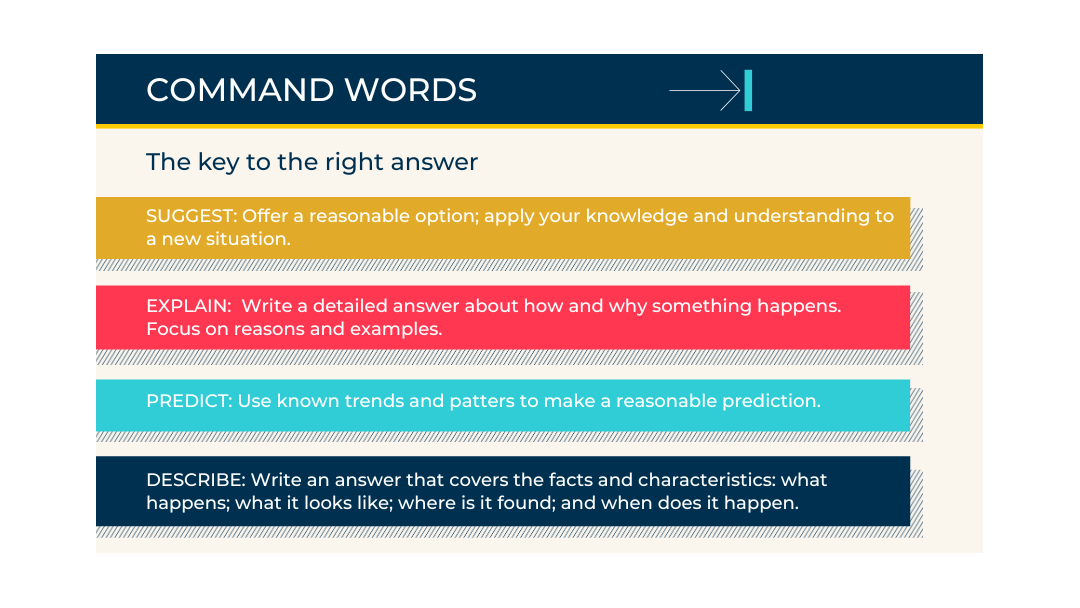
Understanding the command word in a question is the key to getting the right answer.
Thank You
This guide is a testament to the incredible collaboration across our school community. I am deeply grateful to all colleagues who contributed their expertise and feedback. Special thanks to Adithya (Year 11), for his outstanding work on the design and wording, and to our Marketing Team for helping us share this important resource with the wider community.
Mr. Mac
Will Mcloughlin
Maths Teacher



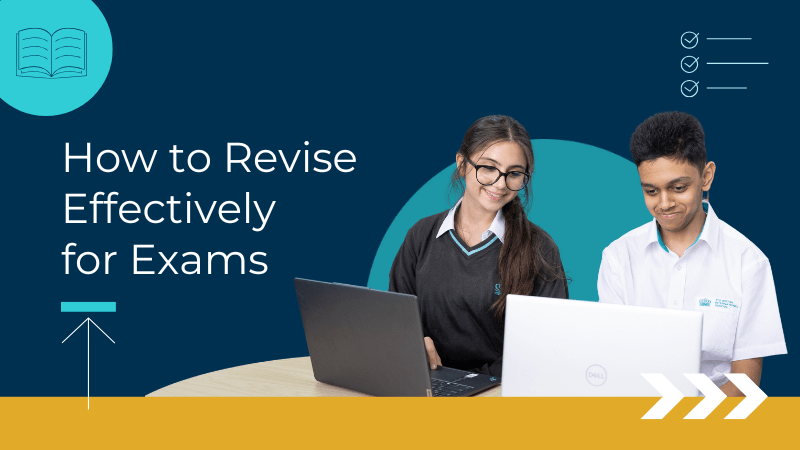


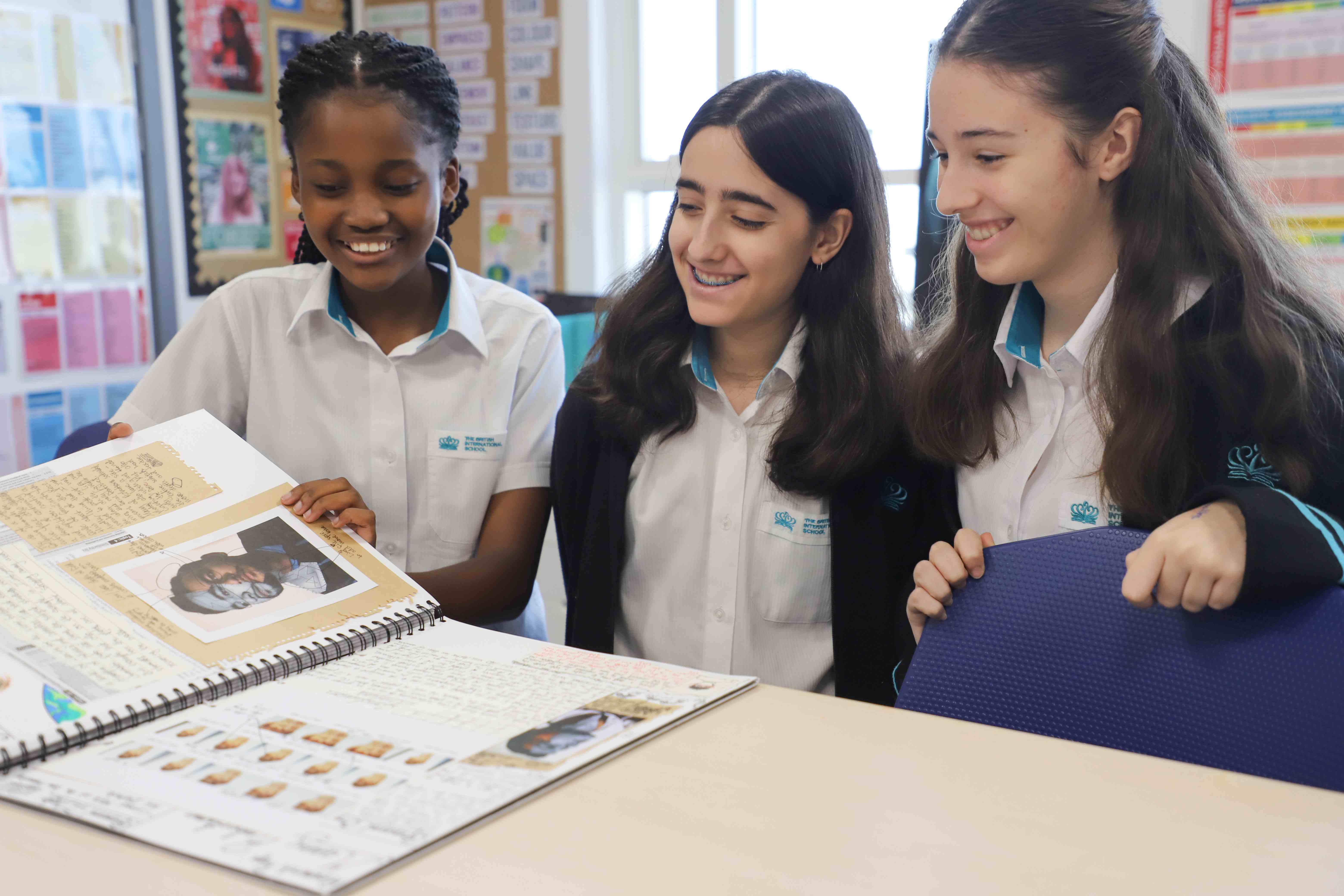
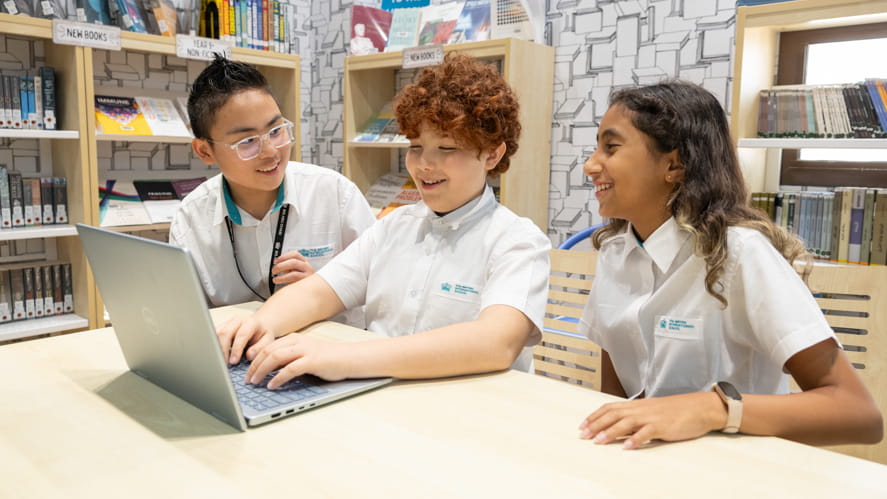
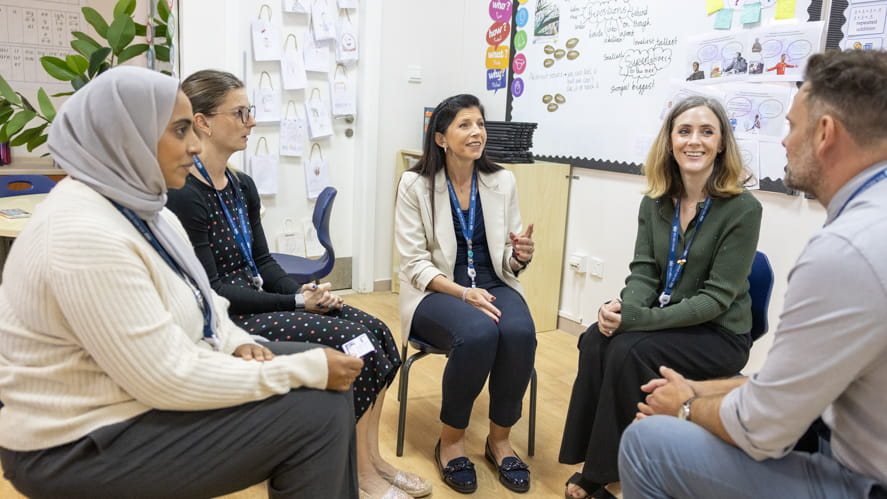
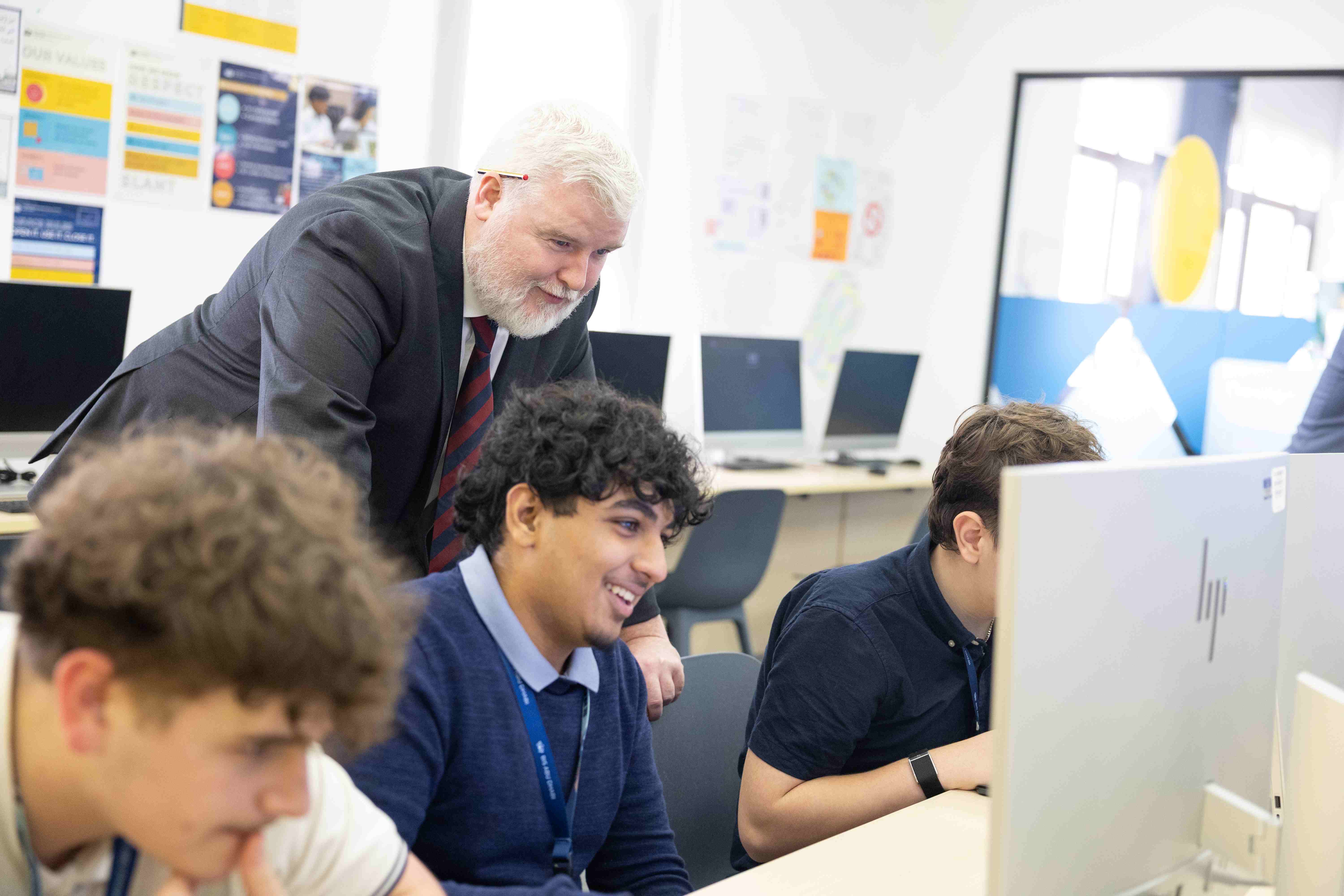
.png?rev=1619813b30a347d9bc71977e2cfe09d2&hash=66B98CDC659BBF07EB36660B4381E1E7)